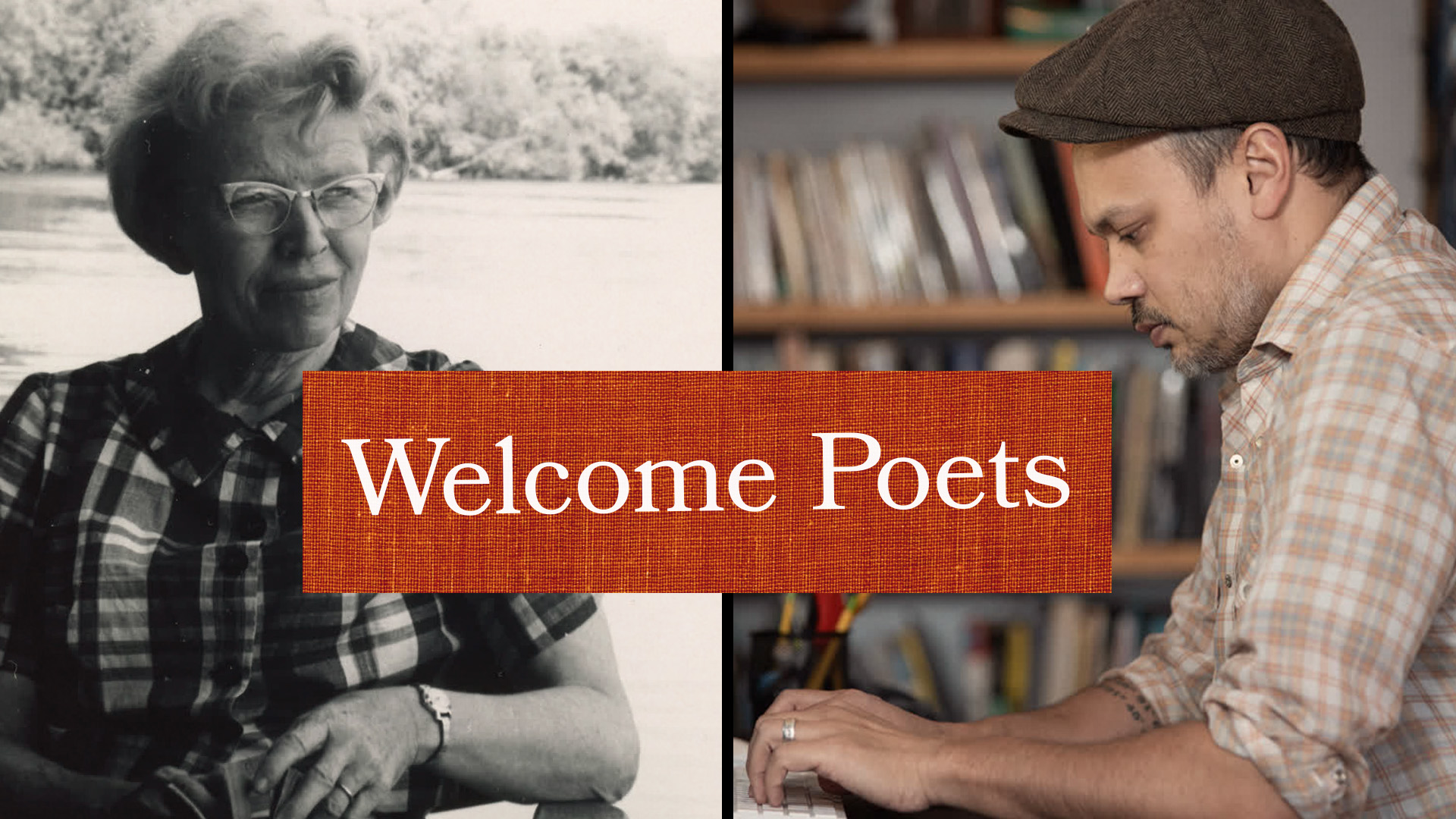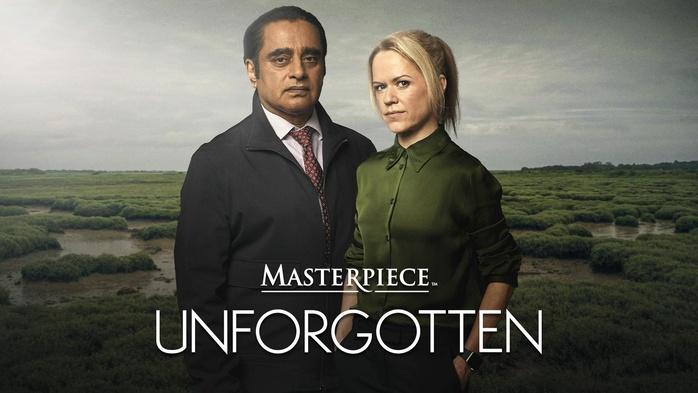In “Mom’s Don’t Cry,” a short animated feature from Wisconsin Life, spoken word poet and storyteller Takeyla Benton steps onto the stage with humor and vulnerability, exploring the everyday chaos, quiet sacrifices and unspoken grief that often shape a mother’s inner life.
Rendered in bold, expressive animation by PBS Wisconsin animator Ellie Nikoo, the piece adapts Benton’s live performance into a visual narrative that is both intimate and universal. Over three and a half minutes, the animation brings her words to life. Half-folded laundry baskets whirl across the screen, Lego bricks become landmines, and bathroom doors become thin walls between struggle and composure.
Naming what mothers carry
Benton’s monologue begins with a laugh — her son pointing out that “moms don’t cry, they just get mad.” What follows is a reflection on emotional restraint and the inner negotiations mothers make to keep their families thriving.
Originally airing during the Wisconsin Life season 11 finale, “Moms Don’t Cry” speaks to the invisible labor of caregiving. Benton’s story doesn’t romanticize motherhood but instead affirms its messiness and mistakes.
Challenging quiet endurance
Benton recalls how her grandmother, stoic and composed, shed only one tear in her presence. That disposition is modeled across generations, but Benton’s monologue offers a counterpoint — one where vulnerability becomes strength.
While rooted in Benton’s experience as a Black mother, the piece resonates broadly. It challenges cultural expectations that demand composure from caregivers, even as their worlds sometimes fray in the quiet hours.
Behind the scenes of ‘Moms Don’t Cry’ | Wisconsin Life
“Takeyla’s story reminded me of my own mom and how she carried so much without ever letting it show.”

Ellie NikooPBS WISCONSIN ANIMATION PRODUCER
A few minutes that speak volumes
At just a few minutes long, “Moms Don’t Cry” captures an entire emotional terrain. It reminds us that mothers are often expected to manage not only their children’s feelings, but their own. In naming that truth, Benton gives others the space to feel seen.
 Passport
Passport






Follow Us